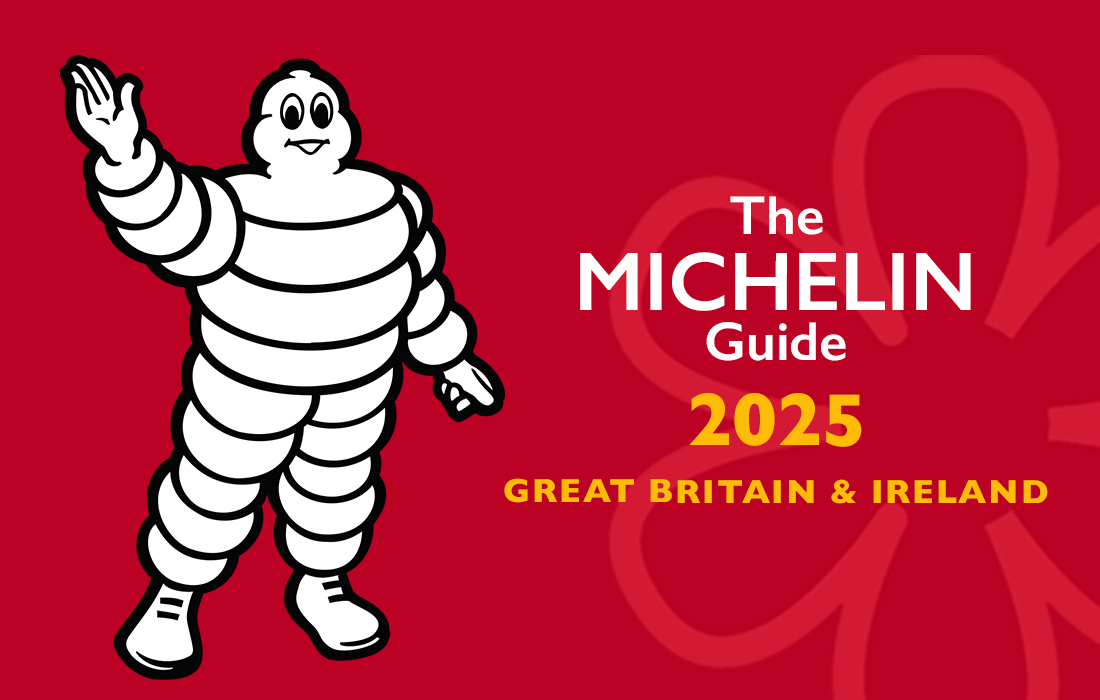It's time to analyse your performance metrics
The way performance is measured by hospitality businesses is changing, with alternative KPIs being taken into account, says Martin Jones.
Albert Einstein once said: "Not everything that counts can be counted, and not everything that can be counted counts." It is vital, in an industry full of data, that hospitality businesses analyse what is important and that they don't waste time collecting data that won't be used or is not worth using.
Key performance indicators (KPIs) are useful tools in the analysis of data. Hotels are able to identify where they can take action and make improvements, ultimately leading to increased profits and improved customer satisfaction.
Certain core KPIs have been established over the years, focusing on revenue and profit measures, including occupancy rates, revpar (revenue per available room), ADR (average daily room rate) and goppar (gross operating profit per available room). However, in recent times, alongside the rise in big data and data analytics, there has been a shift towards more specific measures, â¨focusing on not just revenue and profit per room, but return per square metre â" or how a hotel can best use the space it has available â" as well as non-financial KPIs, such as customer satisfaction and the use of surveys and feedback forms.
The gross operating profit per square metre (GOPPSM) method confronts the issue concerning the comparison of different sizes of hotels and non-room revenue, as the revenue reported will be linked to area and floor space. This allows for more quantitative measures of performance and will indicate how well the hotel is using the space available to it to drive its economic performance.
Non-financial measures have become increasingly important for hotels in terms of raising their profiles, particularly in the age of social media and TripAdvisor. â¨A common practice by hotels is the use of feedback forms and customer satisfaction surveys to monitor praise and complaints. Customer reviews are not only valuable in the way that guests select hotels based on the quality of the reviews, but they also provide useful feedback for hotels to effect improvements. Environmental measures based on carbon footprint and online travel agentâs commission expressed as a percentage of room revenue are also KPIs on the rise in this age of increased ethical consumerism and online bookings.
It is up to individual hotels to decide which measures are most suited to them, but we recommend that a focus on revenues and earnings expressed on a âper square metreâ basis should be adopted more widely, both for the hotel as a whole and when measuring the profitability of individual departments, to ensure they are achieving the best value from the space they use. And donât forget â¨the non-financial KPIs. No longer is it just about the cheapest rate; customer expectations are higher than ever.
Martin Jones is head of hospitality at UHY Hacker Young














